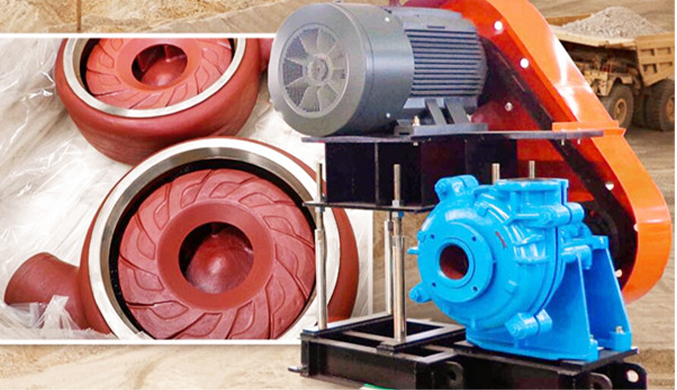kazakh
- Afrikaans
- Albanian
- Amharic
- Arabic
- Armenian
- Azerbaijani
- Basque
- Belarusian
- Bengali
- Bosnian
- Bulgarian
- Catalan
- Cebuano
- Corsican
- Croatian
- Czech
- Danish
- Dutch
- English
- Esperanto
- Estonian
- Finnish
- French
- Frisian
- Galician
- Georgian
- German
- Greek
- Gujarati
- Haitian Creole
- hausa
- hawaiian
- Hebrew
- Hindi
- Miao
- Hungarian
- Icelandic
- igbo
- Indonesian
- irish
- Italian
- Japanese
- Javanese
- Kannada
- kazakh
- Khmer
- Rwandese
- Korean
- Kurdish
- Kyrgyz
- Lao
- Latin
- Latvian
- Lithuanian
- Luxembourgish
- Macedonian
- Malgashi
- Malay
- Malayalam
- Maltese
- Maori
- Marathi
- Mongolian
- Myanmar
- Nepali
- Norwegian
- Norwegian
- Occitan
- Pashto
- Persian
- Polish
- Portuguese
- Punjabi
- Romanian
- Russian
- Samoan
- Scottish Gaelic
- Serbian
- Sesotho
- Shona
- Sindhi
- Sinhala
- Slovak
- Slovenian
- Somali
- Spanish
- Sundanese
- Swahili
- Swedish
- Tagalog
- Tajik
- Tamil
- Tatar
- Telugu
- Thai
- Turkish
- Turkmen
- Ukrainian
- Urdu
- Uighur
- Uzbek
- Vietnamese
- Welsh
- Bantu
- Yiddish
- Yoruba
- Zulu
Telephone: +86 13120555503
Email: frank@cypump.com
Қыр . 25, 2024 23:26 Back to list
Understanding Septic Tank Systems and Their Pumping Solutions for Homeowners
Understanding Septic Tanks and Pumps Essential Components of Waste Management
Understanding Septic Tanks and Pumps Essential Components of Waste Management
At its core, a septic tank is a large, watertight container, typically made of concrete, fiberglass, or plastic. It is buried underground and collects wastewater from a household’s plumbing system. The wastewater entering the tank undergoes a natural treatment process that involves two primary processes settling and anaerobic digestion. Heavier solids fall to the bottom and form sludge, while lighter materials, such as grease and oils, float to the top and create scum. The space between these two layers is where liquid effluent is stored.
septic tank and pump

One of the most important components of a septic system is the pump. Septic pumps are often necessary in systems where the tank is located below the level of the drain field or when wastewater must be lifted to a higher elevation for proper disposal. These pumps are designed to move wastewater from the septic tank to the drain field or to a secondary treatment system, ensuring that the effluent can flow freely and is adequately treated before it reaches the groundwater.
Regular maintenance of septic tanks and pumps is essential for ensuring the longevity and effectiveness of the system. Homeowners should schedule periodic inspections and pump the tank every three to five years, depending on usage. Neglecting this crucial maintenance can lead to clogs, backups, and costly repairs. Additionally, it’s important to be mindful of what goes down the drain, avoiding flushing non-biodegradable items and harmful chemicals that can disrupt the natural processes inside the septic tank.
In summary, septic tanks and pumps are integral to sustainable wastewater management. Understanding how these systems work, along with the importance of regular maintenance, can help homeowners avoid costly issues and protect their properties from environmental damage. Investing in a well-functioning septic system not only promotes health and safety but also contributes to the preservation of local water resources. For those with septic systems, knowledge is power—understanding the fundamentals can lead to better care and a more efficient waste management process.
-
Heavy-Duty Mining Sludge Pumps - Wear-Resistant Slurry Handling
NewsAug.02,2025
-
Horizontal Split Case Pump with GPT-4 Turbo | High Efficiency
NewsAug.01,2025
-
ISG Series Pipeline Pump - Chi Yuan Pumps | High Efficiency, Durable Design
NewsAug.01,2025
-
Advanced Flue Gas Desulfurization Pump with GPT-4 Turbo | Durable & Efficient
NewsJul.31,2025
-
ISG Series Vertical Pipeline Pump - Chi Yuan Pumps | Advanced Hydraulic Design&Durable Construction
NewsJul.31,2025
-
ISG Series Vertical Pipeline Pump - Chi Yuan Pumps | Energy Efficient & Low Noise
NewsJul.31,2025










